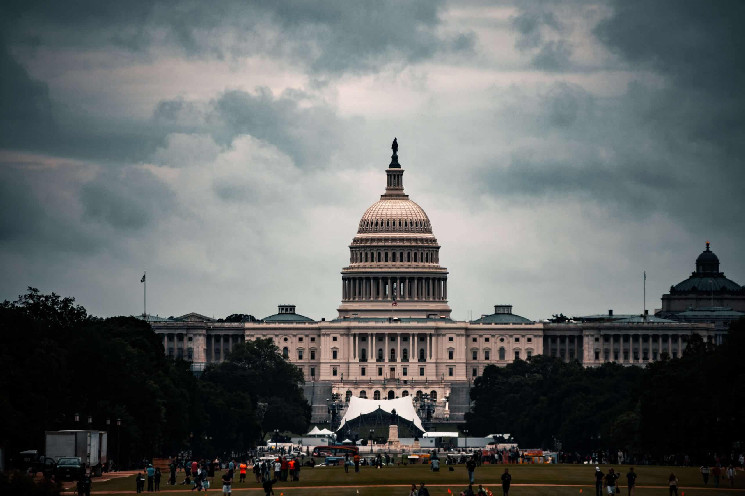
Coin Center, the leading non-profit dedicated to research surrounding cryptocurrencies, calls the Bank Secrecy Act too “broad” for its own good, according to their most recent report.
“Riddled with sweeping powers and expansive terms”
Published earlier this month, the report (appropriately titled Broad, Ambiguous or Delegated: Constitutional Infirmities of the Bank Secrecy Act) challenges the adequacy of the Bank Secrecy Act of 1970, claiming that the policy is “riddled with sweeping powers and expansive terms.”
More specifically, Coin Center argues that the Bank Secrecy Act’s definition of what constitutes a “financial institution” is too widely ambiguous.
“In the Bank Secrecy Act, ‘financial institution’ has a 425-word definition divided into 26 distinct and very specific sub-categories of persons or businesses,” reads the report.
The report from Coin Center then goes on to extensively list the numerous different sub-entities categorized as such, including travel agencies, investment bankers, pawnbrokers, and commercial banks.
Definitions and Interpretations
The report continues that there is a broad sub-category with the definition of financial institution called “money transmitters” who are regarded as a “licensed sender of money or any other person who engages as a business in the transmission of funds.”
Coin Center points out the absurdity of the potential interpretation of this definition, going on to note that nearly all businesses will require some sort of transmission of funds.
“Plainly, it appears that a person accepting payment for her labor could be included within this definition,” the report reads.
Coin Center continues its scrutiny of the act by stating “this interpretive flexibility is either a fundamental ambiguity in the statute or it is the mark of a statute with deliberately broad potential application.”
Regulate and legislate
The most recent report from the nonprofit comes as wider discussions are being held by both the Senate and the House in the hopes of effectively legislating and regulating the cryptocurrency industry.
However, due to political differences, the path to effective governance may not come swiftly.
“What you have in the United States is legislative paralysis, executive overreach, and the judiciary trying to control the situation,” said Tim Enneking, Managing Partner at Psalion and CEO of Presearch.com, Inc. “I don’t see that changing really anytime soon because of the split House of Representatives.”
Nonetheless, Coin Center is dedicated to shining a light on the current state of affairs.
“Laws that do not clearly announce their requirements or that cannot be understood by the ordinary people to whom they apply are antithetical to the rule of law,” the report states.
 Earn Coin
Earn Coin Mining
Mining
 Play Games
Play Games



 Spin Wheel
Spin Wheel Miner
Miner Play & Win
Play & Win